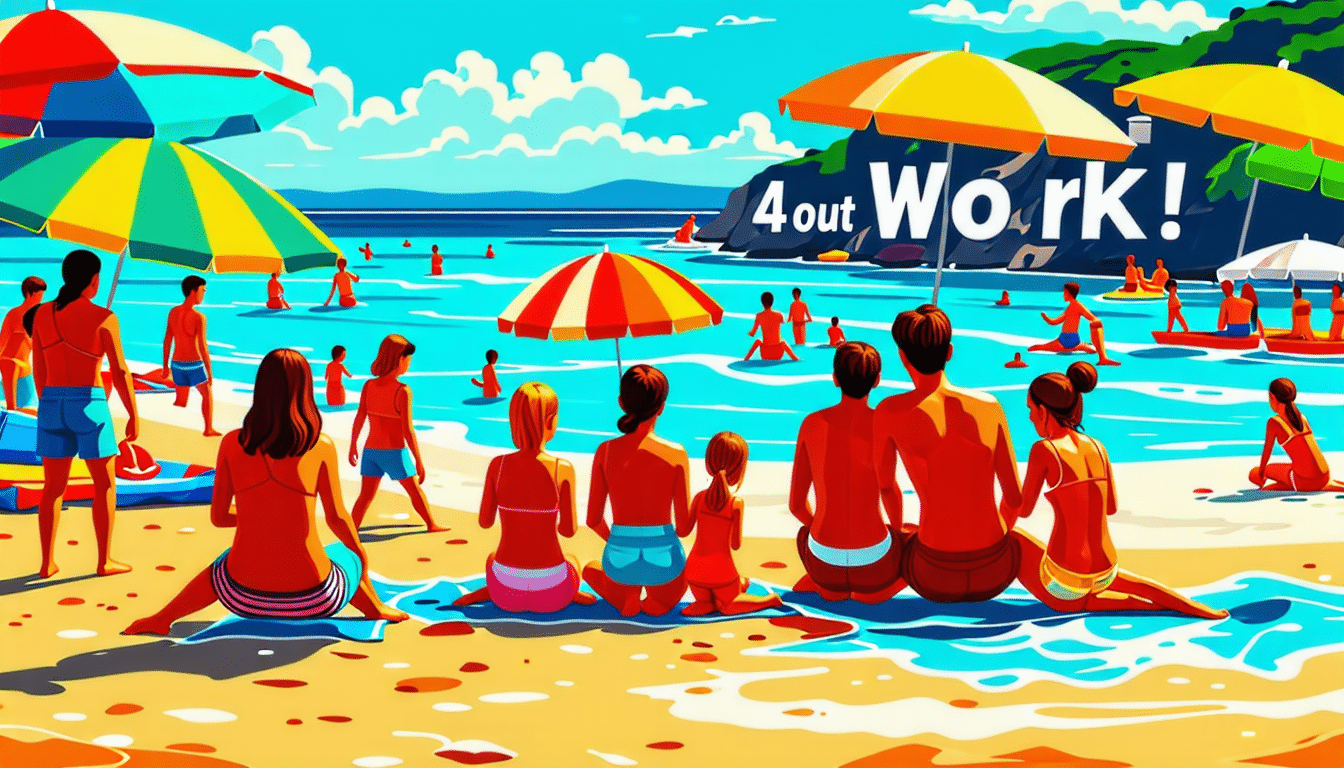|
IN BRIEF
|
In a world where the right to disconnect seems to be an inaccessible luxury, an alarming observation is emerging: nearly 4 out of 10 French people give up taking vacations. This phenomenon raises many questions about the motivations that push these individuals to sacrifice their precious rest time. Between financial constraints, professional pressures and personal dilemmas, reality is often more complex than it seems. While the idea of escape is dreamy, the truth behind this renunciation is often overwhelming and worth exploring. What are the underlying reasons that encourage these French people to put aside their vacation aspirations? Let’s dive into this universe to better understand the contemporary issues of well-being and rest.
À lire the United States issues a travel warning for Pakistan following a drone attack in India
An alarming observation #
It is crucial to understand that four out of ten French people have not gone on vacation for at least a year. This figure, taken from a study by the Observatory of Inequalities, reveals a striking reality about the situation of the French. This phenomenon is not just a trend; it affects a large number of compatriots and deserves special attention.
Income inequality at stake #
The reasons for this renunciation vacation are multiple, but one of the most significant lies in the economic inequality. The starting rate varies considerably depending on income:
- For the wealthiest households, with a net income greater than 2,755 euros per month, 76% go on vacation every year.
- On the other hand, among low-income households, with an income below 1,285 euros net, only 42% manage to move.
These disparities are often a reflection of cultural practices. People from more affluent social backgrounds tend to travel from a younger age, allowing them to develop a certain comfort when it comes to traveling.
Limited accommodation means #
Alongside the income inequality, the question of accommodation also influences the choice of whether or not to go on vacation. The richest often have second homes or are able to find accommodation with friends. Conversely, low-income households do not have this option, making vacations even less accessible.
À lire When SNCF faces the laughter of its competitors: a look at rivals and their destinations
A lasting impact of economic crises #
The impact of economic crises, like that of 2008, is palpable. After this event, the rate of departures on vacation fell, particularly among the most modest. In 2012, only 31% of the latter took vacations, versus 78% for the wealthiest.
More recently, the health crisis has exacerbated this trend. Although rates have returned to their previous levels, economic resources remain a barrier to vacations. The figures show that the richest always have better access.
Seasonal leisure: a luxury for some #
Winter sports holidays are another aspect of holiday inequalities. Only 9% French people enjoy skiing holidays. The distinction is glaring between social classes, highlighting that:
- 20% executives go skiing, versus 6% among the less well off.
- Men also seem more favored, with 11% taking part in winter activities, compared to only 7% for women.
An uncertain future for the right to vacation #
Faced with this picture, it is alarming to observe that the right to vacation is often considered a privilege, rather than a basic need. This situation calls for a paradigm shift regarding access to leisure. As a society, it is vital that we review our priorities and work to reduce these inequalities to allow everyone to benefit from the benefits of vacation.
Ultimately, it is not just a matter of personal choice, but a careful consideration of how our economy and culture influence access to moments of rest and discovery.


